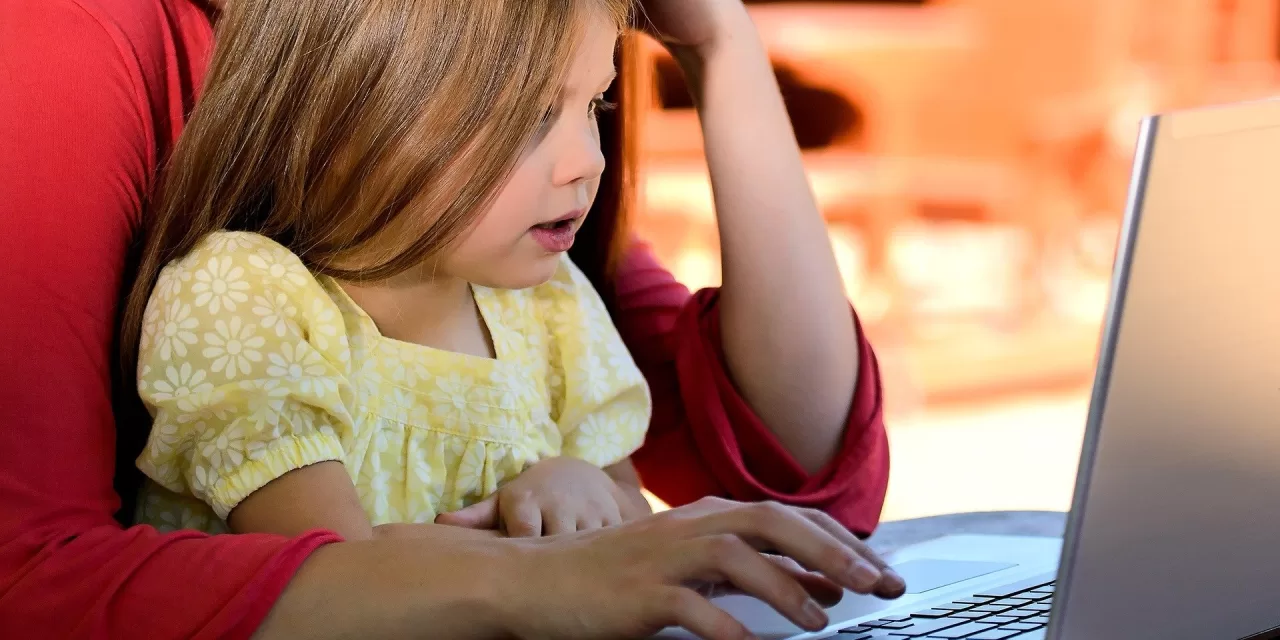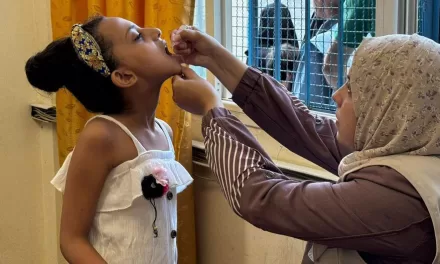Houston, TX – Overprotective parenting, often dubbed as “helicopter parenting,” is characterized by excessive intervention in a child’s life, often fueled by concerns about their safety, success, or emotional well-being. Dr. Laurel Williams, a child and adolescent psychiatrist at Baylor College of Medicine, sheds light on the motivations behind such parenting and offers guidance for both parents and those around them.
According to Dr. Williams, helicopter parents are driven by various forms of anxiety. This anxiety can stem from a desire to ensure their child’s safety, success, or emotional security, as well as pressures to meet societal or familial expectations. “A helicopter parent is often fueled by anxiety, and that anxiety can come in different flavors: anxiety for their child to be safe, successful, or not to be emotionally harmed, as well as anxiety to keep up with the Joneses or what their family or culture expects,” Dr. Williams explains.
Helicopter parents typically intervene in their child’s activities more than is developmentally appropriate, which can hinder the child’s ability to handle challenges independently. Dr. Williams emphasizes the importance of empathizing with these parents, noting that their actions often stem from a desire to be helpful rather than from a place of harm.
To address overprotective behaviors constructively, Dr. Williams advises against labeling parents as “helicopter parents” outright. Instead, she suggests adopting a supportive and inquisitive approach. “Don’t tell someone they’re a helicopter parent, but instead, approach them in a way to not make them feel judged,” she says. Dr. Williams recommends asking open-ended questions such as, “I notice you often step in when there’s a disagreement on the soccer field, can you help me understand why?” This method allows parents to explain their motivations and potentially reconsider their approach.
Dr. Williams also highlights the importance of allowing children to experience and manage failure and disappointment on their own. “Be helpful in planning on how this doesn’t happen again, but if you don’t let them handle it on their own, you can delay their development,” she notes. Modeling appropriate responses to setbacks, like not making a sports team or receiving a poor grade, is crucial for children’s growth.
To gauge when it’s appropriate for a child to undertake tasks independently, Dr. Williams recommends conducting “dry runs.” For example, if a child is to walk to school alone, start by having them practice while you supervise. Gradually, as they demonstrate responsibility and adherence to instructions, you can increase their independence.
Dr. Williams also advises parents to have open dialogues with their children about their worries. Engaging in mature discussions about rules and responsibilities can help children understand the rationale behind parental decisions and learn negotiation skills. “It doesn’t have to be an emotional decision where you give in right away. Make sure to have the conversation at the appropriate time so you can sit down and talk with your child. This will teach the child patience and delayed gratification,” she explains.
In conclusion, while helicopter parenting often arises from a place of care, understanding and addressing the underlying anxieties can help parents strike a balance between oversight and independence. Dr. Williams encourages parents to listen to their children, involve them in discussions, and gradually increase their autonomy to foster their development and resilience.











